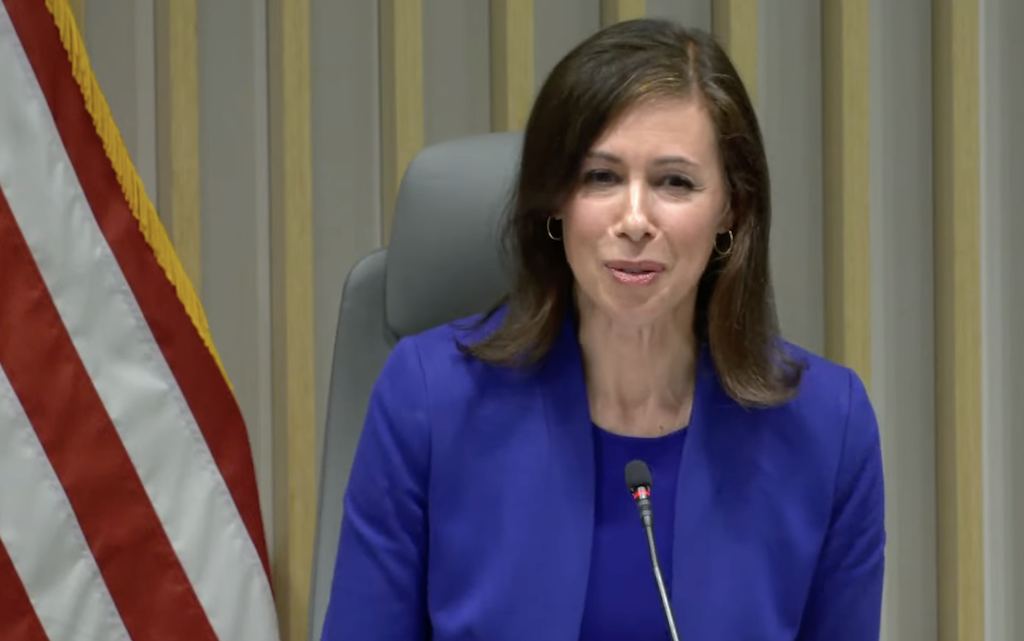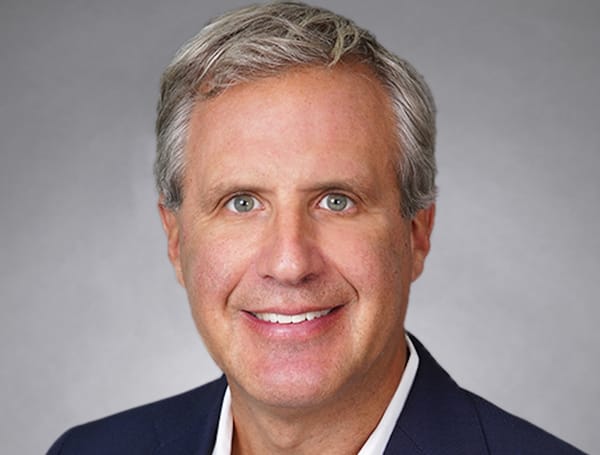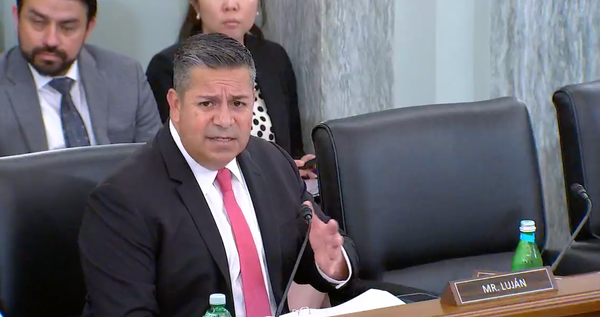FCC Adopts Net Neutrality Order Without Major Changes
Officials said the final order clarifies that anti-throttling rules prohibit speeding up traffic.

WASHINGTON, April 25, 2024 – The Federal Communications Commission voted 3-2 on Thursday to reinstate Obama-era net neutrality rules. In a win for consumer advocates, officials said the draft order’s no-throttling language was updated to clarify that speeding up traffic also violates the rule.
Officials said there were no major changes from the draft order with respect to 5G network slicing or Universal Service Fund contributions, two contested issues before the agency.
Net neutrality rules reclassify broadband as a common carrier service under Title II of the Communications Act, opening ISPs up to increased regulatory oversight from the agency. Those mainly include prohibitions on blocking or throttling legal content and bans on paid prioritization.
The rules were first put in place in 2015, but were repealed by the Trump-era FCC. Several states have since enacted their own versions of the policy.
“In a modern digital economy, we should have a national net neutrality policy and make clear the nation's expert on communications has the ability to act when it comes to broadband,” FCC Chairwoman Jessica Rosenworcel said at the agency’s meeting.
The measure predictably passed on party lines, with the commission’s two Republicans dissenting. Net neutrality has been a longstanding goal of the Biden administration, but the agency was only able to get moving on plans to reinstate the policy after Commissioner Anna Gomez was confirmed in September and cemented a Democratic majority.
Commissioner Brendan Carr spoke for 33 minutes in opposition to the order, characterizing net neutrality as being pushed on the agency by the executive branch, first by President Obama and then by President Biden.
He said he expects the courts to overturn the rules. The Supreme Court has been less deferential to federal agencies in recent years, invoking its Major Questions Doctrine to bar agencies from adopting rules of “vast economic and political significance” and gearing up to place limitations on the standing legal precedent of deferring to agency interpretations of the law. A group of Republican lawmakers made similar points in a letter sent to the commission yesterday.
“Properly applied, West Virginia will stop the flip flopping and eliminate incentive for the executive branch to engage in the type of pressure campaigns we’ve seen with Title II,” Carr said, referencing a major questions case.
The FCC’s 2015 attempt at instituting net neutrality survived legal challenges, which Democratic Commissioner Geoffrey Starks said would make the rules harder to overturn than EPA regulations tossed out in the West Virginia case.
“No matter how you look at this, it’s just not an agency pushing the limits,” he said.
Carr told reporters he doesn’t have knowledge of any planned legal action against the rules, but it’s not an unreasonable expectation. Major broadband trade groups have lobbied consistently against the agency’s net neutrality proposal and are currently suing to block its recently adopted digital discrimination policies.
“This is a politically-motivated reversal of prior law, not an exercise in evidence-based rulemaking,” said NCTA, an industry group representing cable and broadband providers like Charter and Comcast and a plaintiff in the digital discrimination challenge. “The good news is that the FCC’s action will be overturned in court.”
Small changes to the draft
The agency has not yet released the text of the adopted order, but many of the changes from the public draft circulated earlier this month “were clarifications or responses” to filings from lobbyists and advocates, said Wireline Competition Bureau Chief Trent Harkrader. “But the underlying policy cuts are all the same.”
The draft’s language on throttling was changed to make explicitly clear that speeding up traffic would also violate the agency’s rules, officials said.
That’s a win for consumer advocates who have been pushing for the change in an effort to clamp down on network slicing, the nascent practice of using multiple, distinct virtual networks on top of the same 5G infrastructure. Advocates had warned of providers charging more for access to slices that are faster or more optimized for certain uses like gaming, effectively skirting rules against slow and fast lanes.
Officials said the agency would still deal with the practice on a case-by-case basis, letting slices set up for specialized services like remote surgery off the hook while applying Title II rules to slices providing access to the general internet.
Officials also said the final order does not include exemptions for small providers, something trade groups representing them had asked for.
Quick reactions to the order
“Small broadband providers do not have the market power or the incentive to engage in the conduct these rules are meant to prohibit – blocking of lawful content, throttling, and paid prioritization of content from affiliates,” Louis Peraertz, vice president of policy at WISPA, which represents small and wireless ISPs, said in a statement.
Groups had also pushed the commission not to forbear from tapping broadband providers for Universal Service Fund contributions, which a Title II classification would make them eligible for, or to issue a notice of proposed rulemaking and take input on the move.
“Contributions reform is something that has been on the burner in this industry for a long time. It is a very complicated and challenging undertaking for us,” Harkrader said. “To simply throw it into this item and a further notice with a couple of weeks just isn't feasible.”
Lawmakers in both the House and Senate are currently evaluating legislative reforms to the USF as the pool of traditional telecom revenue dwindles. Rosenworcel has expressed to them that going to big tech companies or online advertisers for USF fees might avoid rate shock on consumer internet bills.
“It’s vitally important to me that our universal service system does not disproportionately put the burden of support on the average consumer household,” she told reporters Thursday.
Other changes included a “temporary forbearance” from an additional Title II provision at the suggestion of Gomez, officials said.










